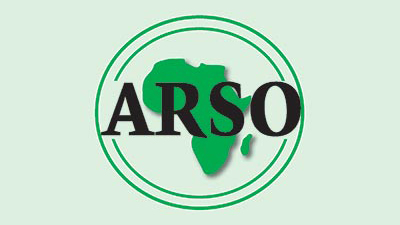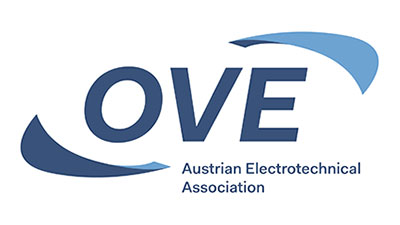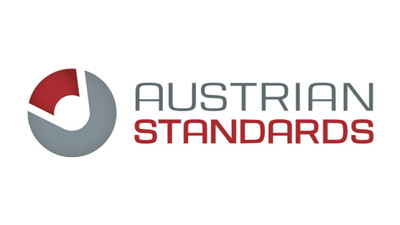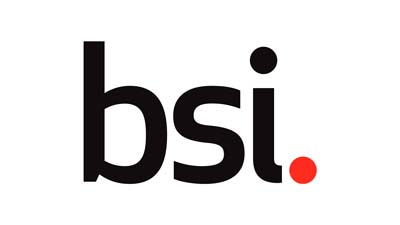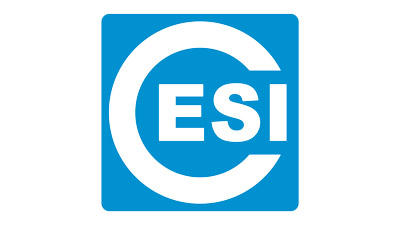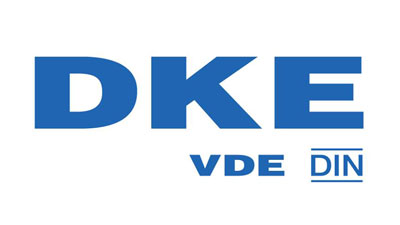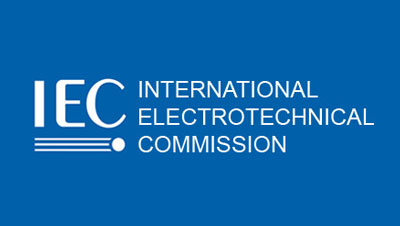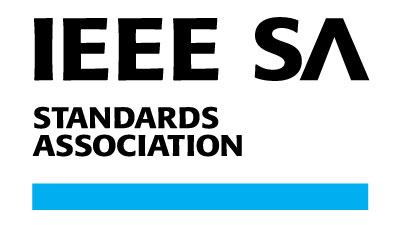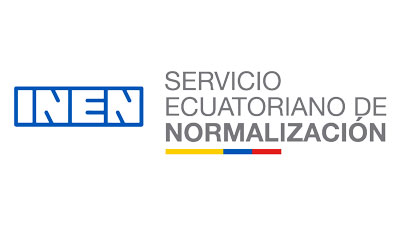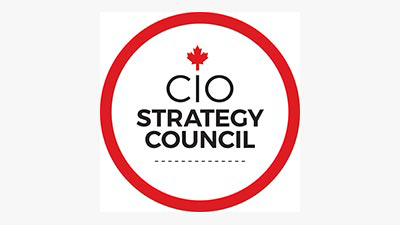“The goal of securing a sustained improvement in the living standards of nations is highly complex and the role of Technology cannot be overemphasised. In Africa, as elsewhere in the world, it is being extensively recognised that science, technology and innovation underpin the success of sustainability in all aspects of development. This includes the increased use of intelligent/Artificial machine systems that are transforming the socio-economic landscapes, including in optimizing logistics, detecting fraud, composing art, conducting research, providing translations, war and security, Transportation and aviation, research and education, Trade and manufacturing, Communications, healthcare and personal emotional / companionship – with the aim of increasing productivity levels. The use of robots comes into this picture as part of a fourth industrial revolution (Industry 4.0). Using digital information and automation technologies in all aspects of life is growing more prevalent and indeed, the Tech giants such as Alphabet, Amazon, Facebook, IBM and Microsoft as well as individual Computer and Technology Experts believe that now is the right time to talk about the nearly boundless landscape of artificial intelligence in sustainable development of nations.
Many psychological, ethical, legal and socio-cultural consequences of these Intelligent machine systems engineered to play a major role in in human life is fast becoming matter of global concern and ethical hazards associated with their use are emphasized, with being placed on a high need for regulation and setting guidelines to regulate their use for the benefit of both the designers/producers and general public/end user. In many ways, this is just as much a new frontier for ethics and risk assessment.
At the heart of this endeavour lies the capacity of nations, including African countries, to engage with global science and technology Experts to address the underlying Ethical concerns. The challenge both for decision makers in the industry and policy is an effective and efficient use of standardization to promote safe and responsible innovation in this industry and this requires collaborative approach from all organizations within the robotic, manufacturing and engineering industries as well as safety experts, scientists, academics, ethicists and philosophers. ARSO therefore welcomes the need for effective regulation of the Artificial/ autonomous systems through standardisation and the OCEANIS initiative as a global forum for the development and use of standards as a tool for addressing the Ethical issues associated with Artificial/autonomous systems/technology.”
“The fast progress of digitalization provokes a number of critical questions regarding ethical concerns, e. g., in the area of fully automated systems like autonomous driving. The discussions about the ethical boundaries and how to put them into standards have started to become a growing global issue. A coordinated approach is crucial for getting a common understanding of the ethical challenges. The Austrian Council for Robotics and Artificial Intelligence highly welcomes and supports the OCEANIS initiative in co-operation with the Austrian Electrotechnical Association OVE”
“It has been proven over decades: Standards can provide solutions wherever close cooperation of stakeholders is needed – even if they have very different points of view.
When we think about digitization and autonomous and intelligent systems and all the consequences they may have it is clear we cannot go on thinking “only” in dimensions of technology or economy. Much more it will be necessary to think about probable consequences and consider different ethical aspects.
Being aware of its responsibility Austrian Standards therefore welcomes OCEANIS as an open community and neutral platform for exchange and collaboration for all parties interested or concerned and is glad to support this initiative. We are sure this will contribute to a future development that is in favour of both: economy and society. And it will also enhance the understanding of standardization and its supporting role in the field of innovation.”
– Elisabeth Stampfl-Blaha, Managing Director, Austrian Standards International
“Robotics and AI represent a huge global opportunity and one that will transform how organizations operate and how we live. Industry recognizes that the risks associated with robotics and AI are no longer science fiction, and this is why we developed the first piece of practical guidance on the ethics of robotic technology, BS 8611. As this technology evolves, it is essential that expertise from individuals and organizations within the robotic, AI, manufacturing and engineering industries is shared for debate with safety experts, scientists, academics, consumers and ethicists. That way consensus can be reached on what good looks like when addressing the ethical hazards and ethical design implications of robotics and AI.”
“Artificial intelligence (AI) is the extension of the human wisdom and also the extension of the human value system. During its development, it shall include the correct measurement of the human ethnic values. The building of the ethnic requirements for artificial intelligence technology depends on the deep thinking and wide consensus of the society and the public. OCEANIS is a global forum which brings together organizations interested in the development and use of standards as a means to address ethical matters in autonomous and intelligent systems. And China Electronics Standardization Institute (CESI) is willing to share and learn about the related information with organizations worldwide focusing on the ethnic issues through this platform, so as to constantly improve and push the building of the ethnic requirements.”
– Mr. Sun Wenlong, Vice President of China Electronics Standardization Institute (CESI)
“Autonomous systems encode fundamental ethical principles. We believe that engineers of such systems should not be burdened with making ethical decisions on their own, and that ethical principles built into systems must be transparent. Therefore, what is needed is a societal dialogue about ethical issues in autonomous and intelligent systems that results in a broad consensus expressed through international standards which then serve as guidance for individual engineers and as the basis for product certification. We are proud to contribute to OCEANIS for Germany and are pushing for OCEANIS to grow into a broad platform for transdisciplinary debate and consensus building.”
– Sebastian Hallensleben, Portfolio Manager Digital Technologies and Applications, VDE/DKE
“The IEC is aware of its crucial role in building consumer trust and supporting public and private decision making. We have a responsibility to humanity and our planet to be mindful of finite resources and shield all living beings from harm. Not everything that can be accomplished with technology should be undertaken. We are happy to be a founding partner of OCEANIS; I believe it will be an important forum for providing insights on ethical matters and positively influence technology advancement.”
“IEEE SA’s initiative in the establishment of OCEANIS aligns with IEEE’s tagline and with the rationale behind IEEE’s Global Initiative on Ethics of Autonomous and Intelligent Systems. We are convinced that the complex ethical issues emerging in the development and deployment of such systems can only be addressed through processes that correspond to the envisioned principles, not through agreements behind closed doors. IEEE has already initiated an entirely new series of standardization projects open to any interested person and carried out through our rules-based and transparent process.”
– Konstantinos Karachalios, Managing Director, IEEE Standards Association
“The Ecuadorian Service for Standardization – INEN, believes in the OCEANIS Forum initiative because this type of spaces allows the exchange of information on standardization issues, and opens new opportunities for learning, especially in a subject that is currently advancing at high level speed such as Autonomous and Intelligent Systems.
Developing countries, as Ecuador, will learn about the experiences of other countries that have already worked on this type of topics. This would contribute to the analysis of the importance of standards that support the development of applications of Autonomous and Intelligent systems, considering the protection of the end user’s data.
Finally, through this community it is intended that INEN identifies the activities that reinforce the development and use of standards for the support of technical, commercial and political communities in charge of addressing the technical, social and ethical implications of the expansion of the technology. We look forward to share these ideas in our country.”
“Disruptive technology and game changers like artificial intelligence pose both challenges and opportunities. We need to prepare for the transformational changes in the future of work in a thoughtful, strategic and timely way. The CIO Strategy Council is Canada’s leader in shaping the future landscape through setting best practices and developing standards for its ethical use.”
“The world is rapidly transforming through the adoption of a wide range of innovative technologies, in particular ICT and digital (such as IoT, Cyber Physical systems, Machine to Machine, 5G, Big Data and Cloud Computing). The increasingly complex landscape of digital technologies, policies, structures and alliances require organizations and individuals to set priorities, take decisions and communicate clear messages to and receive appropriate inputs from each other.
As the digital evolution takes place as an indispensable part of our daily lives, we believe that the evolution will result in favor of human beings not against them. Autonomous and intelligence systems could take a lead in either bringing the benefits to or damaging humanity. When the developments based on autonomous and intelligence systems evolve in ethical ways and set those ethics rules from the very beginning, it is then assured for the benefits of society that the new emerging technologies will function properly. Moreover, those who stand at the front line and lead in this way will be at the frontiers and be facilitators of the new upcoming era. We acknowledge the importance of standards in a transformational role to support the ethical areas of autonomous and intelligent systems, supporting the development of the sector and consumers whilst protecting the end user.
It is for this reason that, as Turkey is moving towards a more global influencer, TSE has to fulfill its duties in a more open and collaborative way, and support strategic movements that will likely to engage whole communities very soon.”


